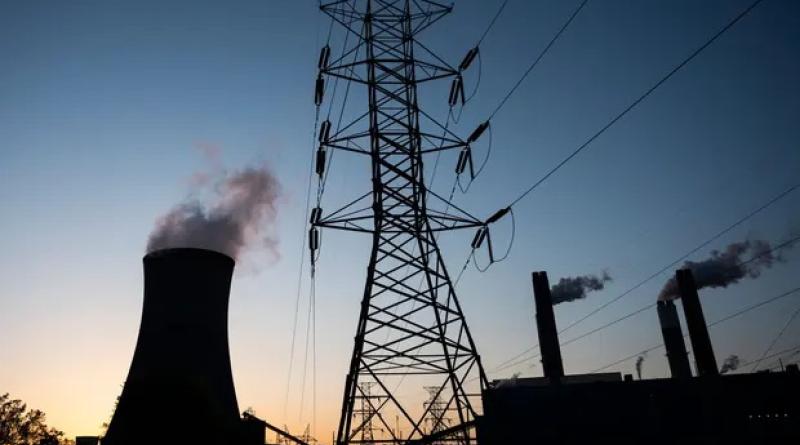Rich countries with high greenhouse gas emissions could pay $170tn in climate reparations

Rich industrialised countries responsible for excessive levels of greenhouse gas emissions could be liable to pay $170tn in climate reparations by 2050 to ensure targets to curtail climate breakdown are met, a new study calculates.
The proposed compensation, which amounts to almost $6tn annually, would be paid to historically low-polluting developing countries that must transition away from fossil fuels despite not having yet used their “fair share” of the global carbon budget, according to the analysis published in the journal Nature Sustainability.
The compensation system is based on the idea that the atmosphere is a commons, a natural resource for everyone which has not been used equitably.
It is the first scheme where wealthy countries historically responsible for excessive or unjust greenhouse emissions including the UK, US, Germany, Japan and Russia, are held liable to compensate countries which have contributed the least to global heating – but must decarbonise their economies by 2050 if we are to keep global heating below 1.5C and avert the most catastrophic climate breakdown.
In this ambitious scenario, the study found that 55 countries including most of sub-Saharan Africa and India would have to sacrifice more than 75% of their fair share of the carbon budget.
On the other hand, the UK has used 2.5 times its fair allocation, and would be liable to pay $7.7tn for its excessive emissions by 2050. The US has used more than four times its fair share to become the richest country in the world, and would be responsible for $80tn in reparations under this scheme.
“It is a matter of climate justice that if we are asking nations to rapidly decarbonise their economies, even though they hold no responsibility for the excess emissions that are destabilising the climate, then they should be compensated for this unfair burden,” said Andrew Fanning, lead author and visiting research fellow at the University of Leeds’s Sustainability Research Institute.
In order to keep global heating to below 1.5C, the total global carbon budget starting from 1960 is 1.8tn tonnes of CO2 or equivalent greenhouse gases, according to Intergovernmental Panel on Climate Change (IPCC) figures.
Using population size, researchers calculated how much 168 countries have over- or under-used their fair share of the global carbon budget since 1960. Some countries were within their fair share allocation, while the global north (the US, Europe, Canada, Australia, New Zealand, Japan, and Israel) have already massively overshot their fair share of the atmospheric commons.
Almost 90% of the excess emissions are down to the wealthy global north, while the remainder are from high-emitting countries in the global south, especially oil-rich states such as Saudi Arabia and United Arab Emirates.
Five low-emitting countries with large populations – India, Indonesia, Pakistan, Nigeria and China (currently the world’s largest emitter) – would be entitled to receive $102tn, for sacrificing their fair share of the carbon budget in the zero emissions scenario.
“Climate change reflects clear patterns of atmospheric colonisation,” said Jason Hickel, co-author and professor at the Institute of Environmental Science and Technology at the Autonomous University of Barcelona. “Responsibility for excess emissions is largely held by the wealthy classes [within nations] who have very high consumption and who wield disproportionate power over production and national policy. They are the ones who must bear the costs of compensation.”
cover photo:Steam rises from the Miller Coal power plant in Adamsville, Alabama on 11 April 2021. Photograph: Andrew Caballero-Reynolds/AFP/Getty Images





